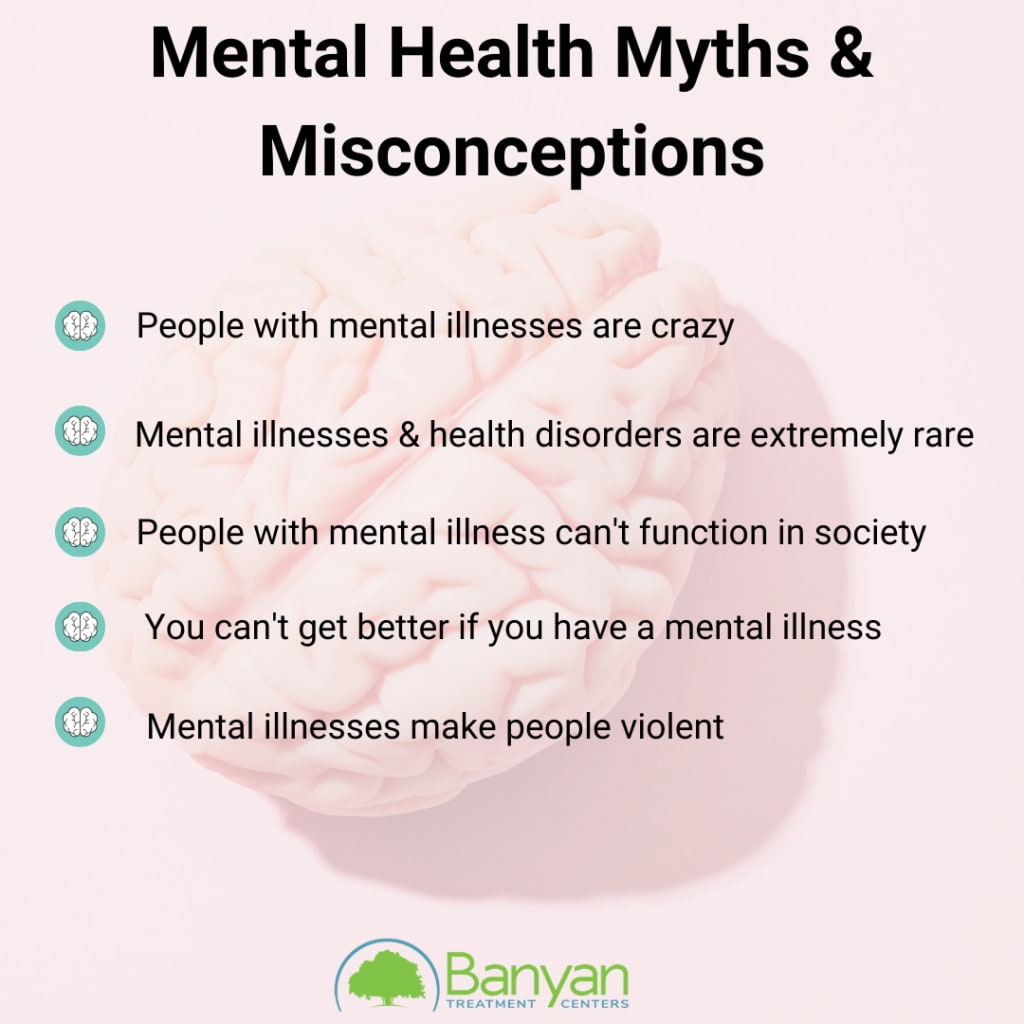Understanding Mental Health: Breaking the Stigma and Seeking Support
Debunking Myths: Dispelling Misconceptions About Mental Health Mental Health 101: Understanding the Basics and Common Disorders The Impact of Stigma: How Society's Perception Affects Mental Health Breaking the Silence: Encouraging Open Conversations About Mental Health Signs and Symptoms: Recognizing When Mental Health Needs Attention Seeking Support: Exploring Available Resources and Treatment Options Nurturing Emotional Well-being: Self-care Practices for Mental Health Destigmatizing Therapy: Embracing the Benefits of Professional Help Supporting Loved Ones: How to Be an Ally in Mental Health Battles Workplace Mental Health: Promoting a Supportive and Inclusive Environment Cultivating Resilience: Strategies for Building Mental Strength and Coping Skills Mental Health and Self-Worth: Embracing Acceptance and Self-Compassion Community Support: Finding Connection and Encouragement in Mental Health Communities Overcoming Barriers: Addressing Access to Mental Health Services The Road to Recovery: Hope, Healing, and Thriving with Mental Health Challenges

Introduction :
Mental health is a fundamental aspect of our overall well-being, yet it remains shrouded in silence and stigma. To create a compassionate and inclusive society, we must embark on a journey of understanding mental health, breaking down the barriers of stigma, and embracing the support available to us. In this blog, we will explore the significance of understanding mental health, the detrimental effects of stigma, and the importance of seeking support. By raising awareness, challenging misconceptions, and fostering a supportive environment, we can pave the way for a brighter future where mental health is prioritized and celebrated.
Understanding Mental Health :
Understanding mental health begins with recognizing that it is a spectrum that encompasses our emotional, psychological, and social well-being. It affects how we think, feel, and act, and influences how we navigate life's challenges. Mental health is not static; it fluctuates and can be impacted by various factors, including genetics, environment, and life experiences. By understanding the complexities of mental health, we cultivate empathy and compassion towards those who may be struggling.
Breaking the Stigma :
The stigma surrounding mental health remains a significant barrier that prevents individuals from seeking the help they need. Stigma manifests in various forms, from societal attitudes and stereotypes to self-imposed shame and fear. It creates a culture of silence, perpetuating the misconception that mental health challenges are a sign of weakness or something to be ashamed of. Breaking the stigma requires a collective effort.
To challenge the stigma, we must start with education and awareness. By sharing accurate information and personal stories, we can dispel misconceptions and promote understanding. It is crucial to emphasize that mental health struggles are not character flaws but a normal part of the human experience.
Language also plays a vital role in breaking the stigma. Using non-judgmental and inclusive language helps create a safe space for open conversations about mental health. Instead of using stigmatizing terms, we can choose words that foster empathy, respect, and compassion.
Furthermore, media representation and storytelling are powerful tools in combating stigma. Portraying mental health accurately and sensitively in the media helps challenge stereotypes and promotes empathy. When individuals see diverse and relatable stories, they are more likely to feel understood and seek support.
Seeking Support :
Seeking support is a crucial step in managing mental health challenges, yet stigma often discourages individuals from reaching out. It is essential to remember that seeking support is a sign of strength and self-awareness.
Support can come in various forms, and there is no one-size-fits-all approach. Professional help, such as therapy or counseling, provides a safe and confidential space to explore thoughts and emotions, develop coping strategies, and work towards healing. Seeking therapy is not a weakness; it is an investment in one's well-being.
In addition to professional help, building a support network of friends, family, and loved ones is invaluable. Having people who understand and listen without judgment can provide comfort, encouragement, and perspective. Support groups and community organizations also offer a sense of belonging and connection, allowing individuals to share experiences and learn from others.
Self-care practices are an essential aspect of seeking support. Engaging in activities that promote well-being, such as exercise, mindfulness, and hobbies, can contribute to mental and emotional resilience. Self-care is not selfish; it is a necessary component of maintaining overall well-being.
Creating a Supportive Environment :
To create a supportive environment, we must foster empathy, understanding, and acceptance. It starts with actively listening to those who share their experiences and challenges. We should strive to be non-judgmental and provide validation, reassurance, and encouragement.
Education plays a significant role in creating





Comments
There are no comments for this story
Be the first to respond and start the conversation.